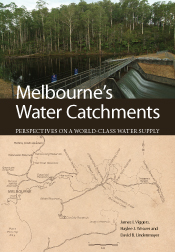…he’s not real.
But you already knew that, as did I. He’s a fictional character – Frodo Baggins isn’t real either, and gasp, neither is James Bond. So imagine my surprise when I read a news piece about a literary conference on Harry Potter, going on in Scotland this week.
At first I thought it was tongue-in-cheek, because things like ‘politics of goblins’ was listed as a discussion topic and presentation, but then other topics were listed – such as the influence of various fiction writers on, presumably, popular culture – which led me to think that it was actually serious. The latter could make sense – there is nothing wrong with analysing the way in which certain events and items change our lives. Many events and conferences have surely been held to discuss the way the Suffrage Movement affected society. But I can’t help feeling a bit uneasy about a conference that may well have academic merit being billed as a bunch of people in wizard hats talking about the aerodynamics of the golden snorch* (or whatever it’s called – I’m not really au fait with the world of the Potter).
At the end of the day, no matter how much the Potter books are perceived to have changed our society, they remain a series of books for children. They aren’t exactly War and Peace, or Les Miserables. The conference organiser defends the conference by noting that the books are really long and therefore could generate lengthy discussion. The point that the books were works of fantasy aimed at kids seems to have been missed. There’s a gap in logic there – long-winded and high-selling does not necessarily equate to sophisticated literature. Heavens, if that was the case, we’d be running conferences on the Da Vinci Code – which was not real either, but nevertheless sold like crazy and had a movie made of it too.
I’m uneasy because there is a public perception that many academics are out of touch with reality, or don’t deserve funding because the research they do is not seen to be ‘useful’. If this was a serious academic conference, it should have been pitched as such. If it actually was a bunch of adults in wizard hats mulling over whether the goblins were mistreated by their owners, well, that’s just silly.
*edit: It’s a snitch, not a snorch, apparently. This is a snorch:

credit: real monsters wiki


